When you’re marketing your retail business, it doesn’t matter how good your product is. If it’s not reaching the right people, you won’t be able to sell it. Not everyone is a potential customer. A retail marketing platform helps you identify and target your ideal customers so you don’t rely on guesses.
Whether you’re using one or multiple channels to reach your audience, there’s a tool for every purpose. The real challenge is choosing the right one.
All platforms claim to be the best at what they offer. But it’s up to you to research them and see if they can meet your needs. Given the huge number of platforms available, it seems overwhelming.
But this article will give you a nudge in the right direction. It will also give you the four best options, so you don’t have to explore a sea of tools.
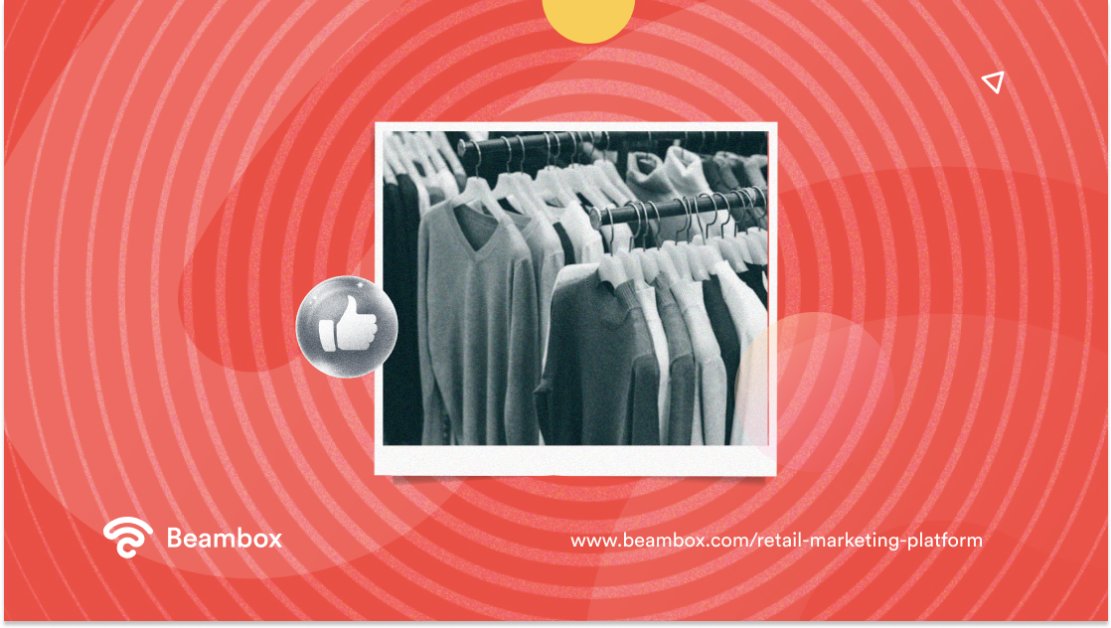
Some retailers argue that you don’t need a marketing platform if you know how to promote your products. This statement is far from the truth because these platforms help you achieve so much more than just insights.
Firstly, they help you build strong relationships with your customers. Think about it. When you know your customers, you can run more effective campaigns, no matter what type of retail marketing you use. Imagine the satisfaction they’ll have when you show them exactly what they want to see.
Plus, every business wants to improve its products and services based on its customers’ reactions. These platforms also give you the option to conduct surveys and get feedback, which you can use to make improvements.
Thirdly, they make it easier to track results. Without this, how will you know if your marketing efforts are working or not?
Moreover, some platforms even help you optimize your campaigns so they reach a larger audience and bring better results.
And if your chosen platform gives you the option to introduce loyalty programs, it will be even better. Customer loyalty is crucial for businesses. The more loyal a customer is, the better reward they’ll get. Imagine the loyalty those customers will have to your brand.
Lastly, you’ll be able to automate your marketing campaigns. This doesn’t mean they’ll lose their human touch, but you’ll get more conversions with less effort.
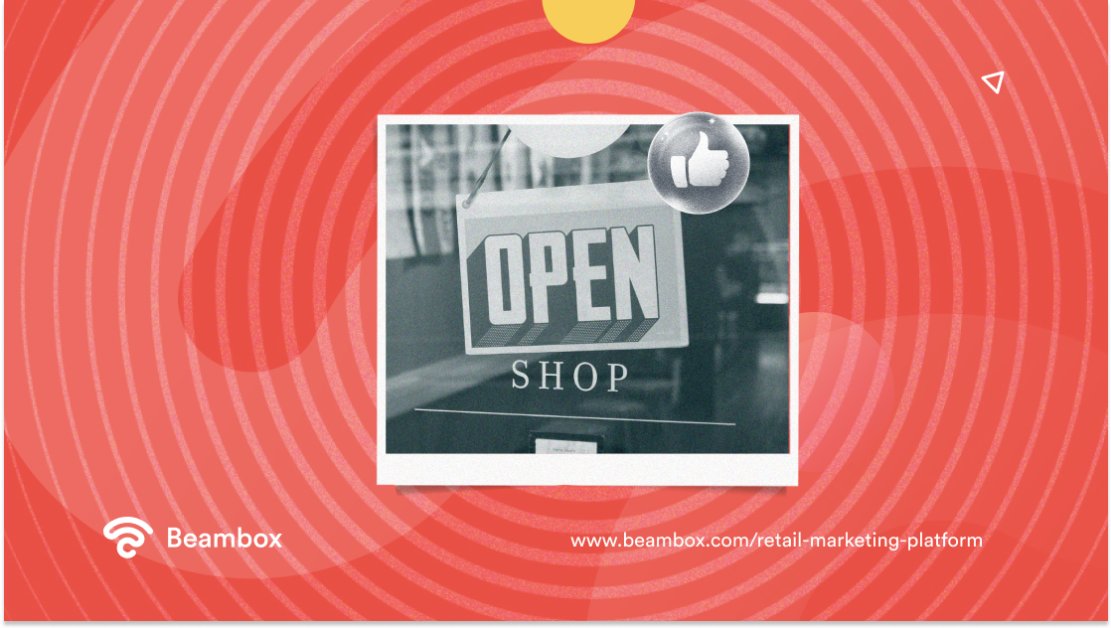
Now that you know what a retail marketing platform does for you, the next step is to choose one.
But merely stating the options won’t do much for you. Knowing exactly what you should look for will give context to your research when you reach the list of platforms. So here are the steps you should take.
- Assess your Situation: Before you start looking at the options, you must first check how you’re currently performing. Retail metrics are the starting point to establish a path to improvement. After all, how else would you know where you’re lacking in your marketing efforts?
- Set Goals: Once you know where you’re lacking, set your marketing goals. If you don’t know where to start, check your industry benchmarks. When you know what you want to achieve, hunting for the best platform will become easier.
- Assess your Budget: This is a very important step. You wouldn’t want to choose a platform just to find out that you don’t have the budget for it. So, see how much you can allot to a tool in addition to all the other investments you must make.
- Check Integrations: You’re running an established retail business, which means you’ll probably be using a lot of tools. While these tools serve different purposes, they should be able to work together. So, choose a platform that integrates well with other technology. This will spare you an unnecessary retail training program for your employees.
- Test the Options: Once you’ve selected a few options, get their free trials. Don’t jump to make extensive investments, or you might find yourself with the wrong tool. Test out the free versions, and when you’re sure, make the investment.
Research shows that 80% of customers think brand experience is as important as the products or services it offers. But what does brand experience have to do with a discussion about retail marketing platforms?
If that’s the question on your mind, here’s the explanation. Brand experience is more than just customer service. It includes everything from the first time the customer interacted with your brand to the time they made the last interaction.
Now, how do you make such a vast experience enjoyable without knowing the customers’ preferences and history? Well, the following retail marketing platforms help you achieve this and so much more.
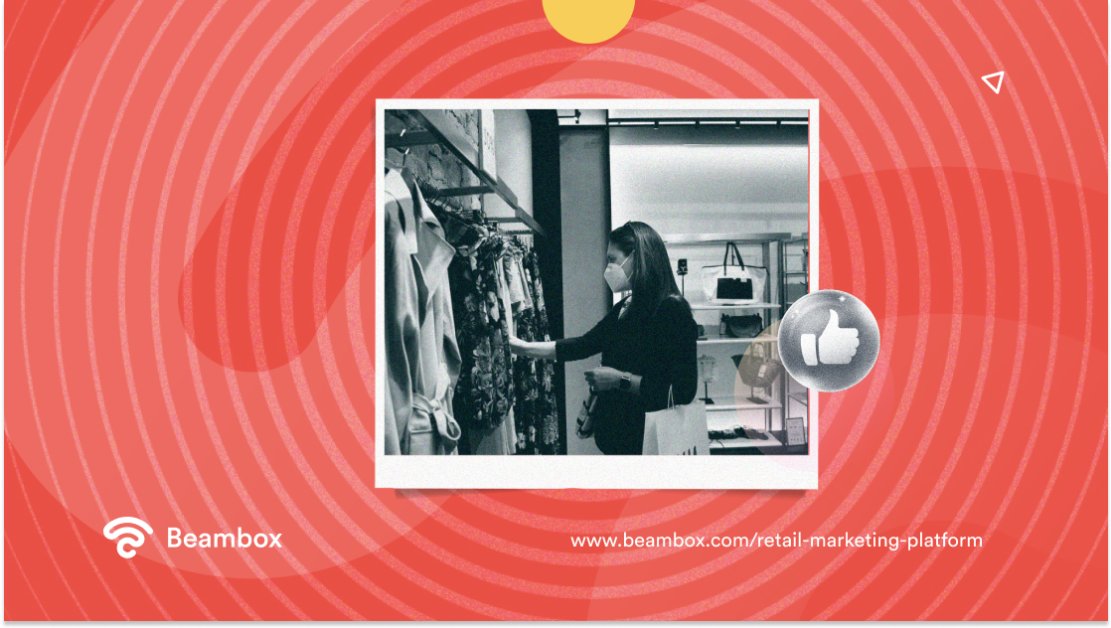
Use Mailchimp To Reach Customers Through Email
Contrary to popular belief, email isn’t dead. In fact, it’s the easiest, fastest, cheapest, and most guaranteed way of reaching your audience. So, let’s first talk about email marketing for retail.
Mailchimp is one of the best platforms when it comes to this type of marketing. It lets you design and create emails either from scratch or using existing templates.
Your emails don’t have to be boring blocks or words. You can add elements like images, headings, colors, etc., to make them interesting.
Moreover, the fact that it gives you templates makes it one of the most user-friendly platforms. Plus, there’s no learning curve.
It provides a lot of guides and tutorials for your ease. So, even if you’re a complete beginner in email marketing, you won’t find yourself struggling to use Mailchimp.
You can also automate your emails so you can do more with less effort. The best part about this automation is that it won’t send out general emails in bulk. You can set triggers from your website and landing pages to send personalized emails automatically.
However, every good thing comes with a flaw. Mailchimp’s flaw is that it can be quite expensive for some businesses.
Even if you’re planning on using the free plan for some time, you won’t get the full functionality. A lot of the features don’t work unless you pay.
Additionally, Mailchimp’s website builder can be too simple for some large businesses.
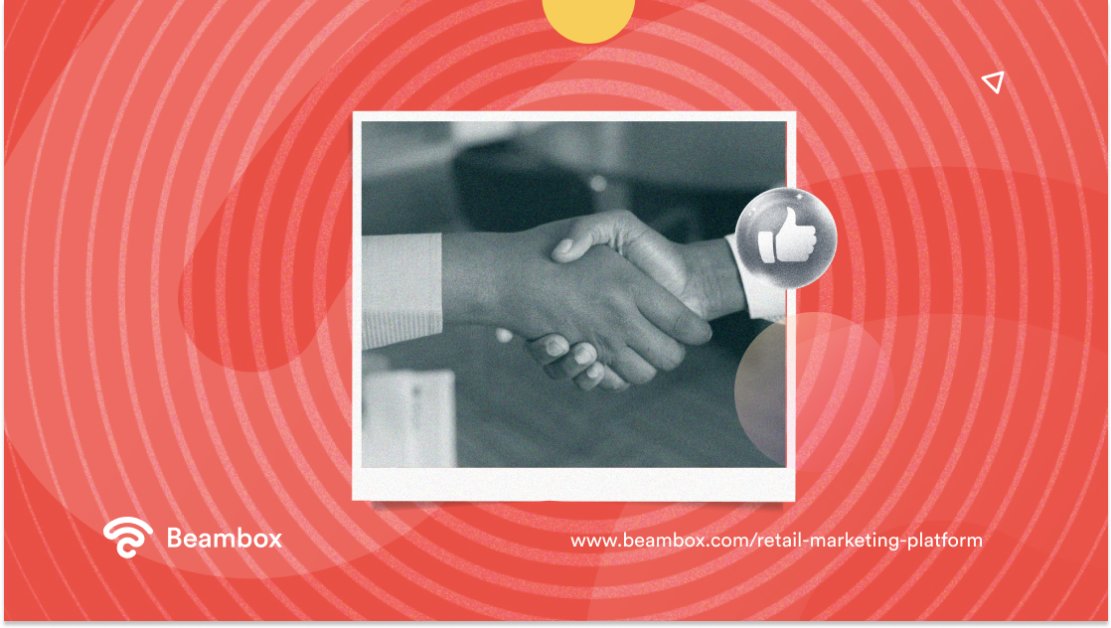
Hubspot CRM Lets You Know Your Customers Better
From the start of this article, we’ve been highlighting the importance of knowing your customers. While all these platforms help you do that, customer relationship management software goes the extra mile. It keeps track of customer history and your interactions with them.
How does that help you? It gives context to all future conversations and helps you define your customer profile on a deeper level.
Hubspot CRM is an excellent choice for this purpose, especially if you’re new to the area. It is easy to set up and helps you nurture leads into loyal customers.
Moreover, you can create complete email sequences for not just new leads but also for existing customers. And like Mailchimp, this platform also lets you automate your campaigns.
But the perks don’t stop here. It gives you live updates on how new customers are behaving. You can see what’s working and what isn’t.
Knowing this information, you can make changes to your marketing campaigns so they bring better results.
However, it can also be very expensive for small businesses. And if you’re planning to use the free version, it only offers one email per contact.
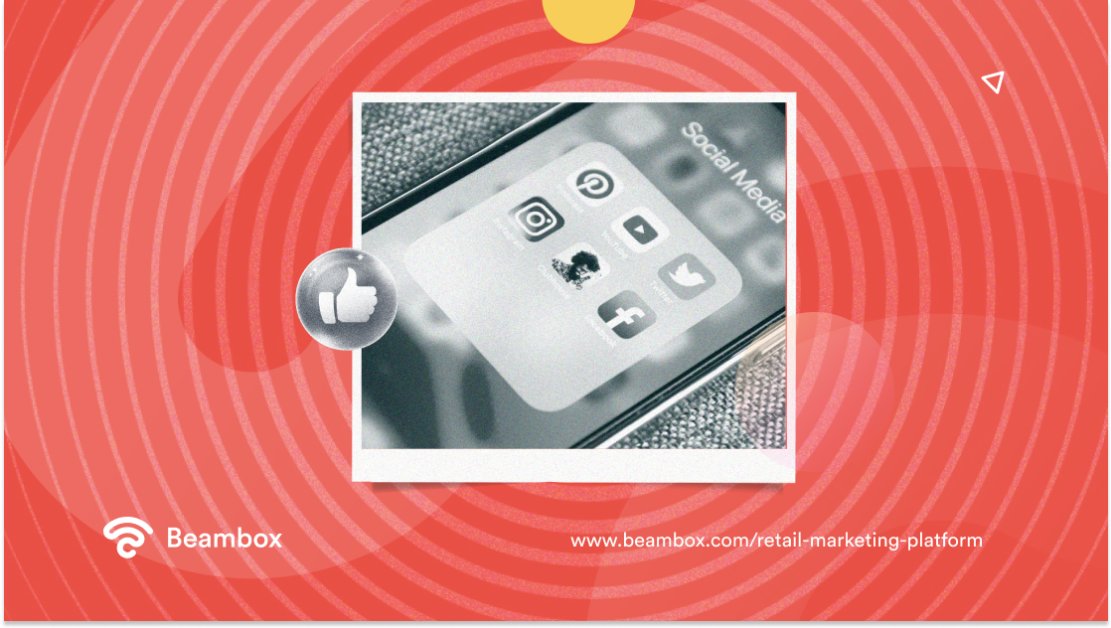
Social media marketing is one of the most popular ways to reach your target audience. So, this discussion would be incomplete without discussing Hootsuite. It is one of the first platforms to recognize Facebook’s potential for advertising brands.
You can use it to create, schedule, and optimize your marketing campaigns. You cannot only monitor Facebook, but you can also integrate TikTok, Instagram, Twitter, LinkedIn, YouTube, and Pinterest.
This feature gives you a centralized view of all your social media platforms. You can see how your customers are behaving on each.
Plus, monitor mentions, keywords, hashtags, and posts to reply to each appropriately and effectively.
However, it is very expensive compared to other options. If you have the means to buy this platform, it won’t disappoint you with the features it offers.

Quartile Lets You Optimize Your Advertising Campaigns
Up until now, we’ve discussed platforms that help with specific tasks. However, there are some platforms that help with all types of marketing. Quartile is one of them. So, if you’re using multiple channels to reach your customers, this would be your best bet.
While it’s the most popular for Amazon ads, you can also use it for other e-commerce marketing. It is a pay-per-click retail media platform that automates your advertising.
Keeping your customer data safe, it creates marketing campaigns based on targets.
Once you start getting clicks, Quartile will start generating useful reports for you. Again, making appropriate changes will become very easy using those reports.
However, it sometimes creates so many campaigns that they become quite hard to manage. Plus, your costs increase substantially.
Another downside is that it binds you in contracts. You might realize after some campaigns that the tool isn’t for you. Or you may want to change your trajectory. But you’ll have to keep using Quartile because of the contract.
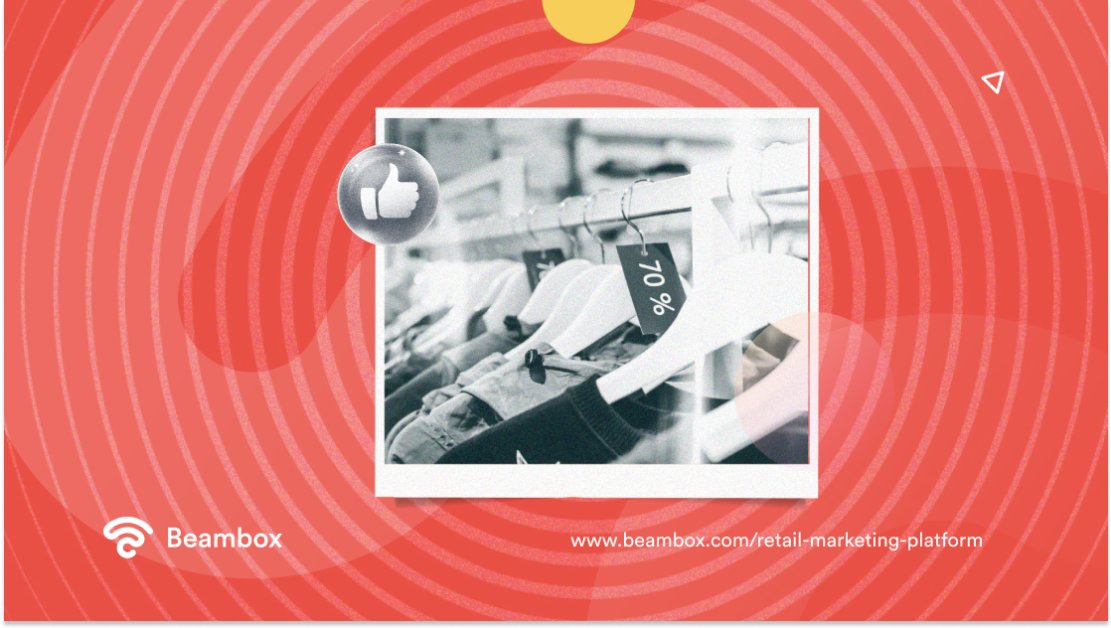
Leverage WiFi Marketing To Improve Your Marketing Campaigns
It’s true that marketing works best when it includes a human touch as well as your brand elements. However, using a retail marketing platform doesn’t mean you have to sacrifice all that. If you want to leverage the WiFi you provide to your customers, check out Beambox. It’s a WiFi marketing platform that helps you run effective marketing campaigns and simplify your online reputation management.
Moreover, you’ll be able to strengthen your branding and gather data from customers when they use your WiFi. Start your thirty-day free trial today!
Get Started With Free WiFi Marketing
Beambox helps businesses like yours grow with data capture, marketing automation and reputation management.
Sign up for 30 days free